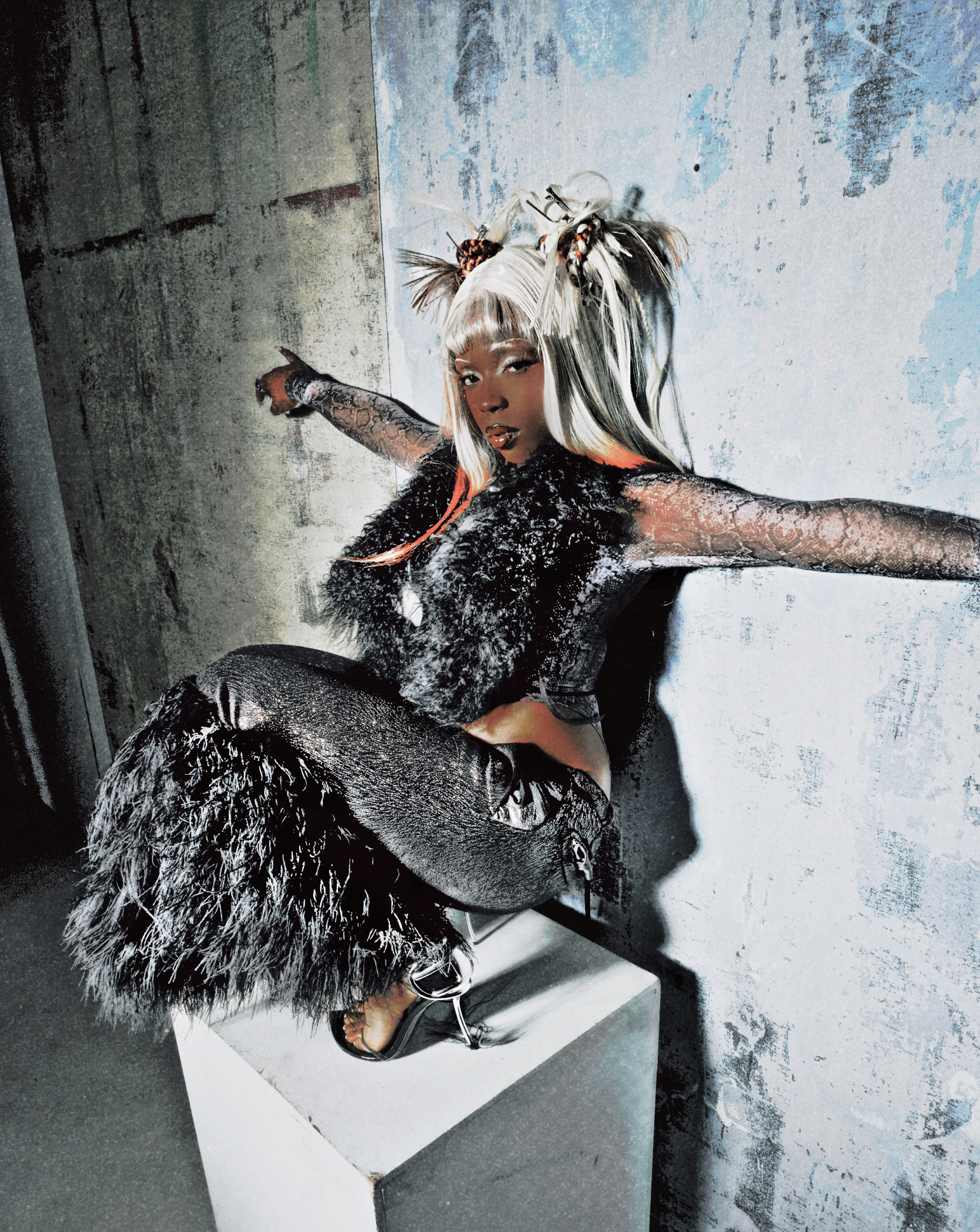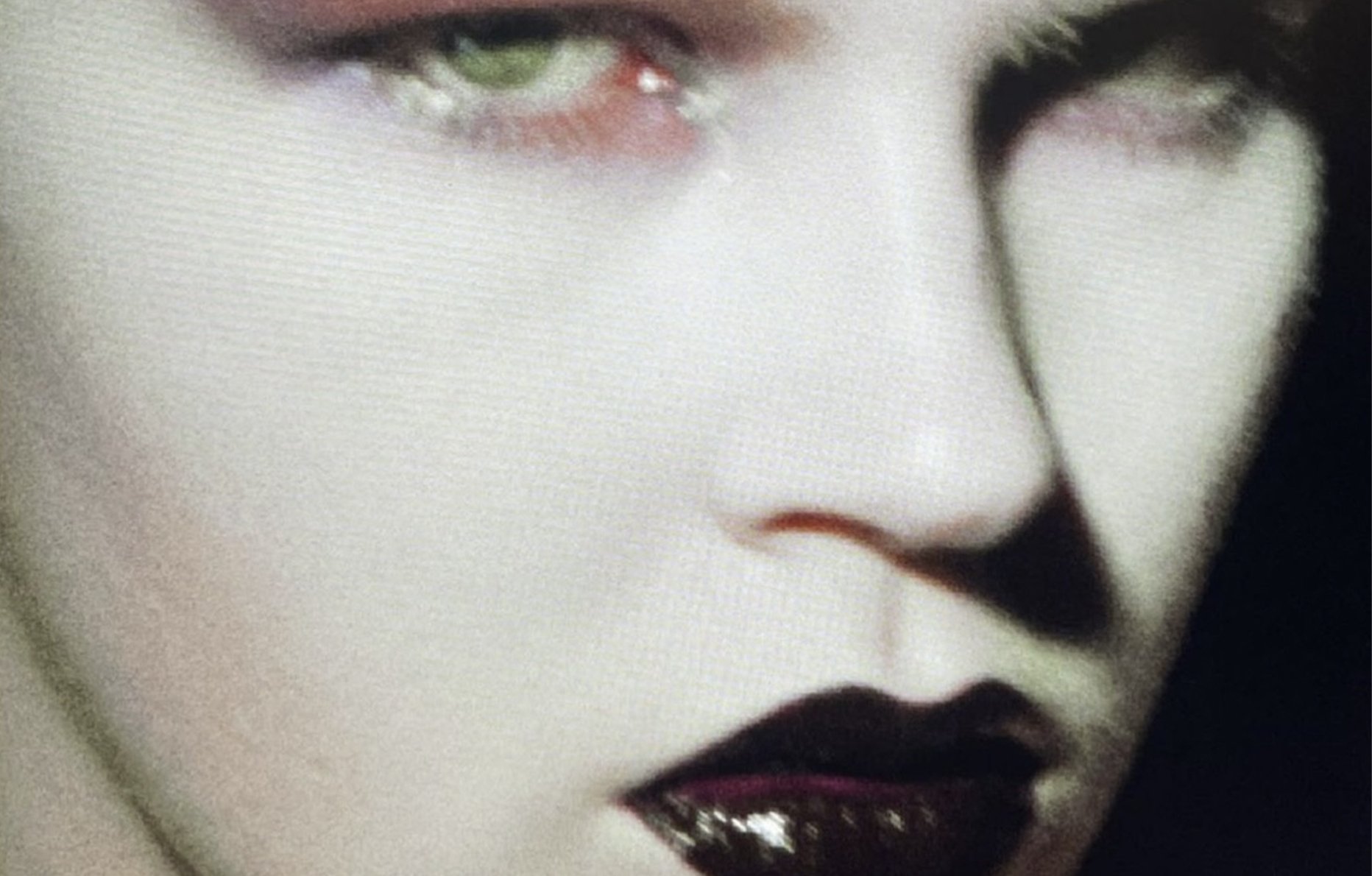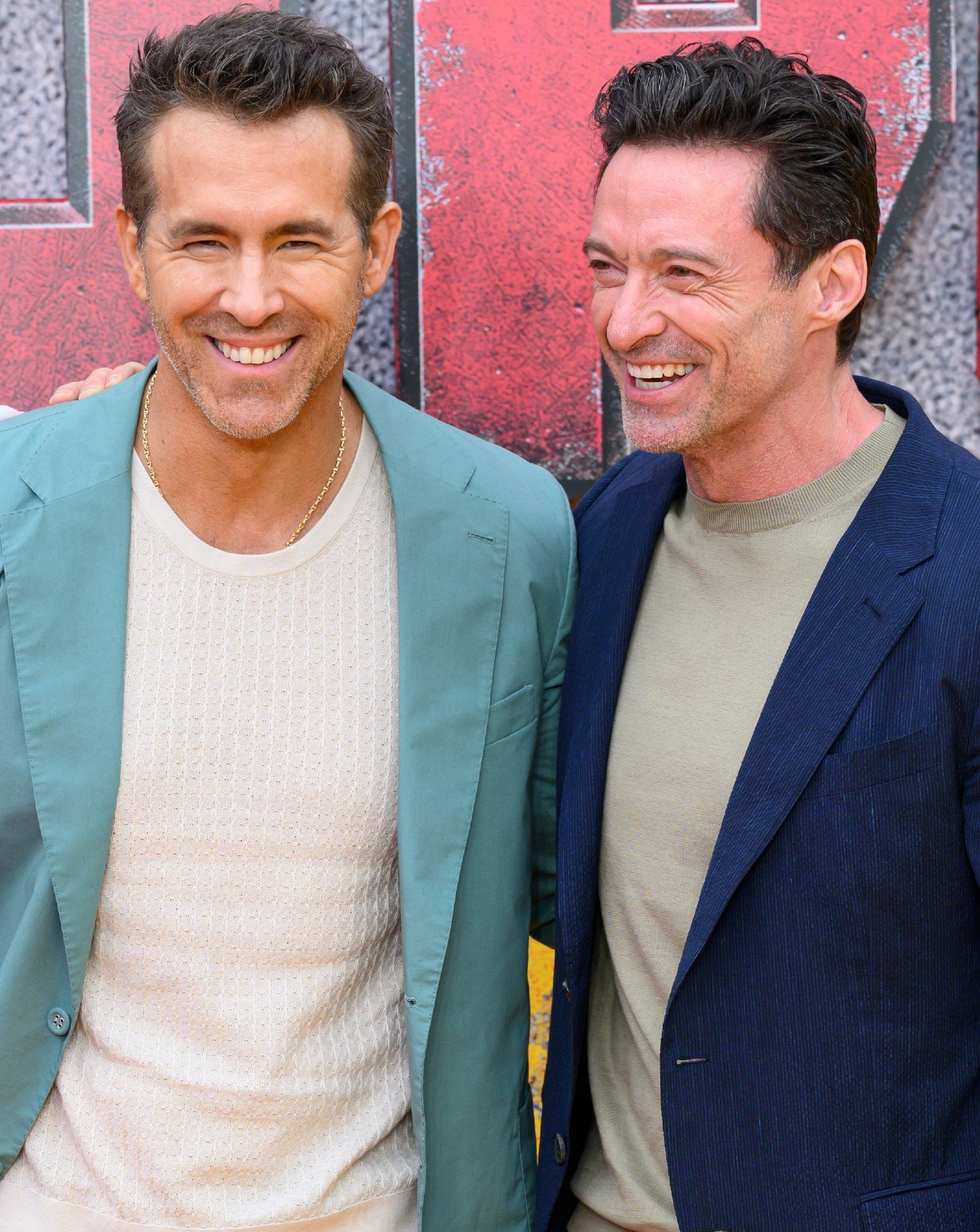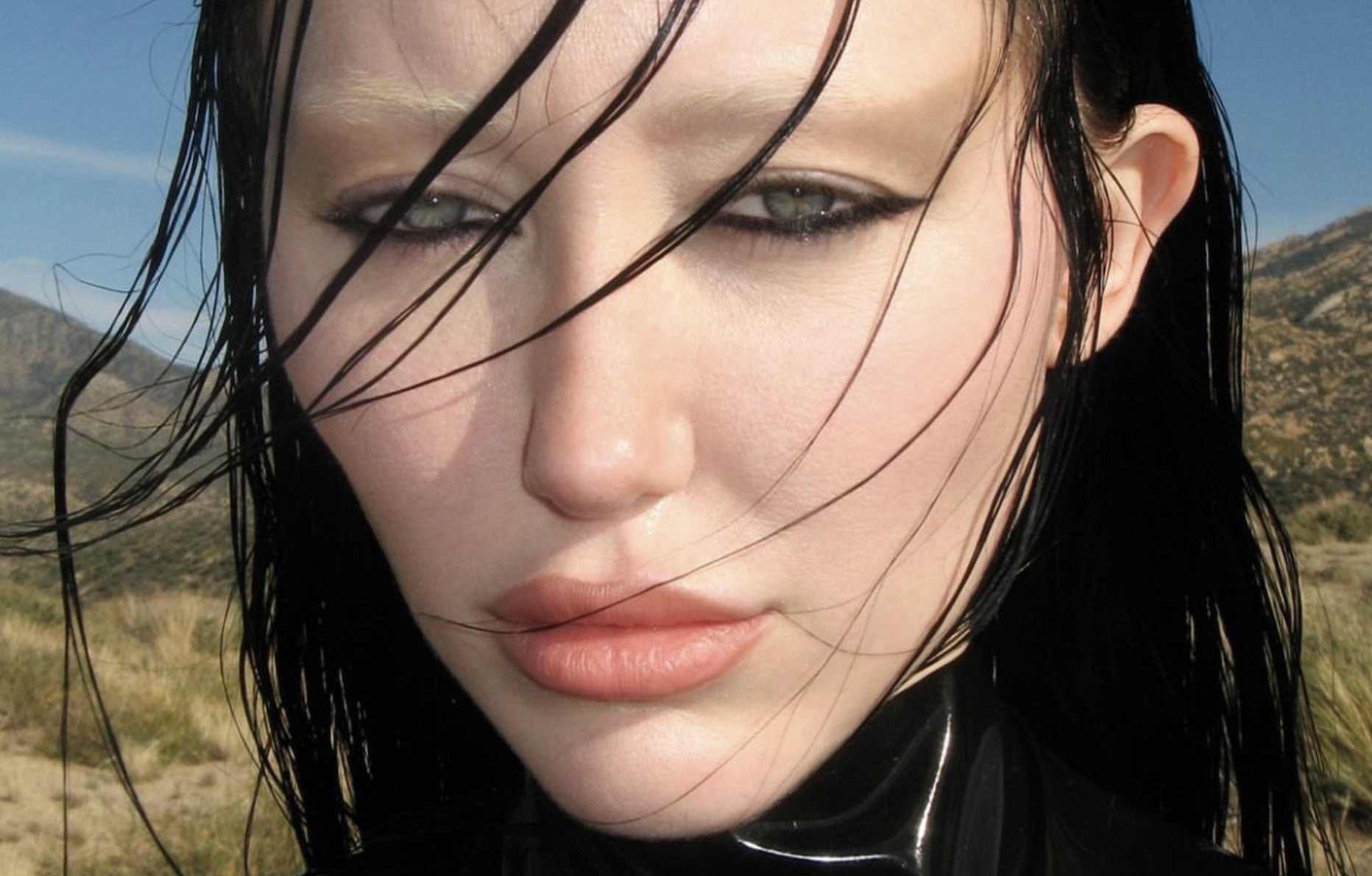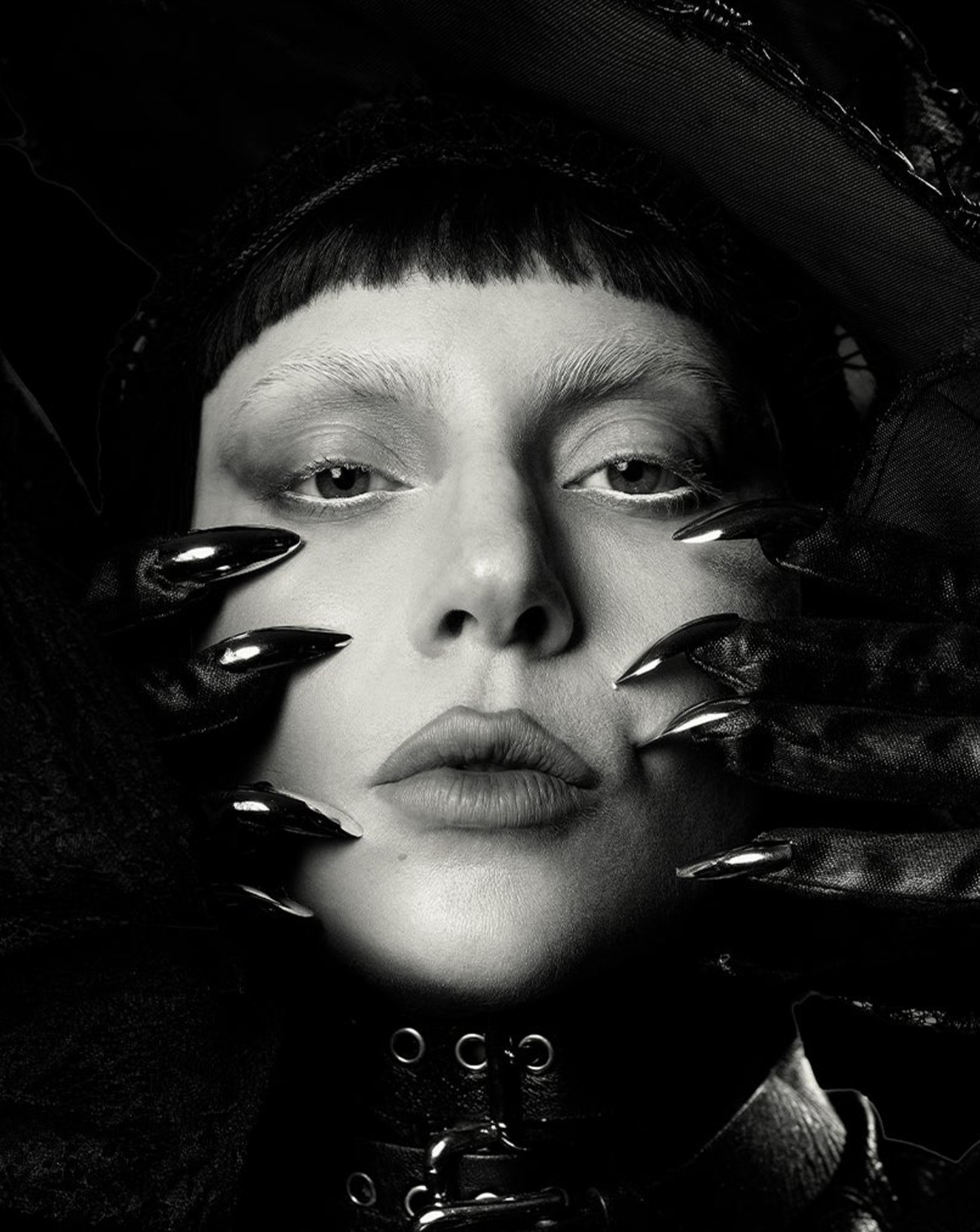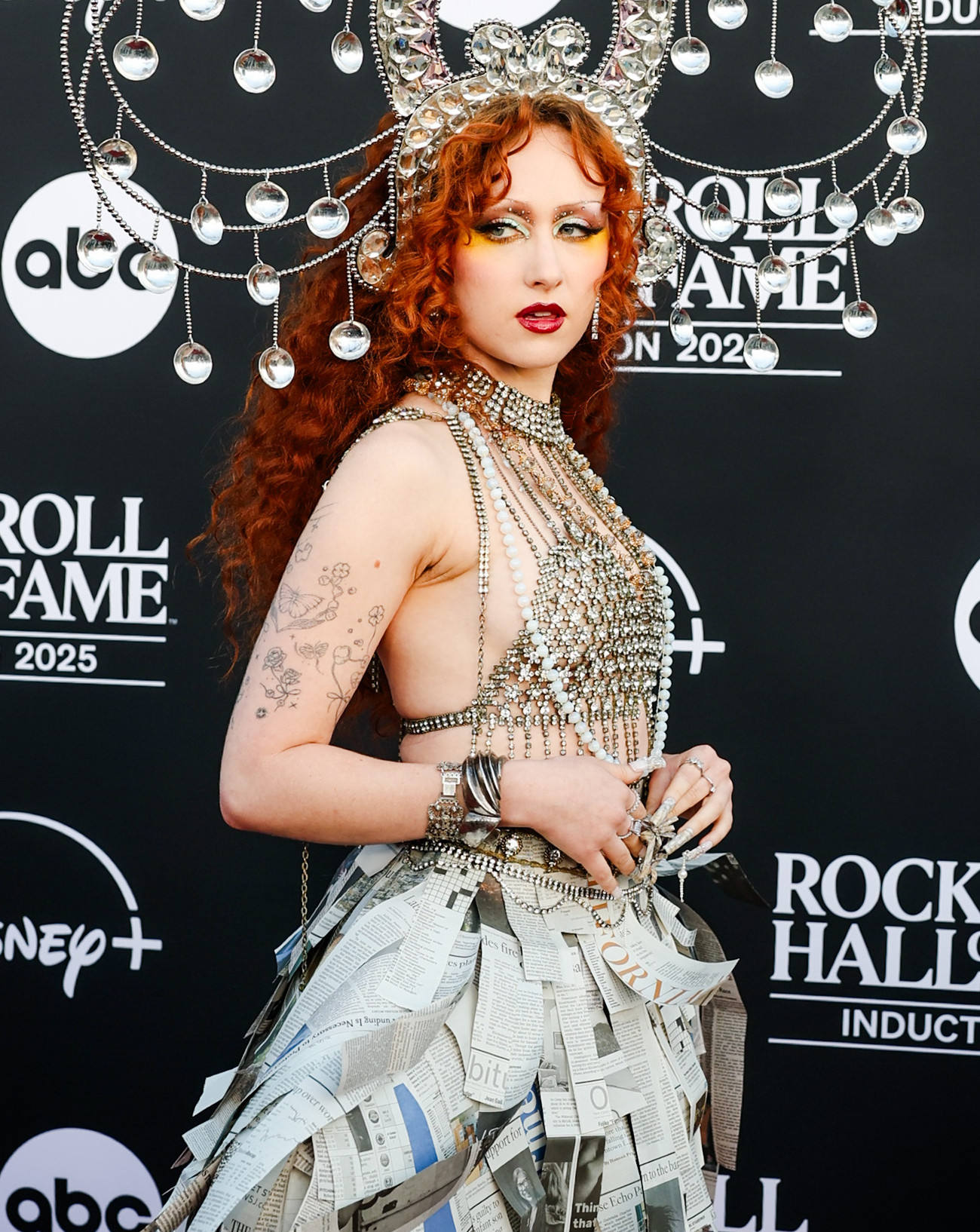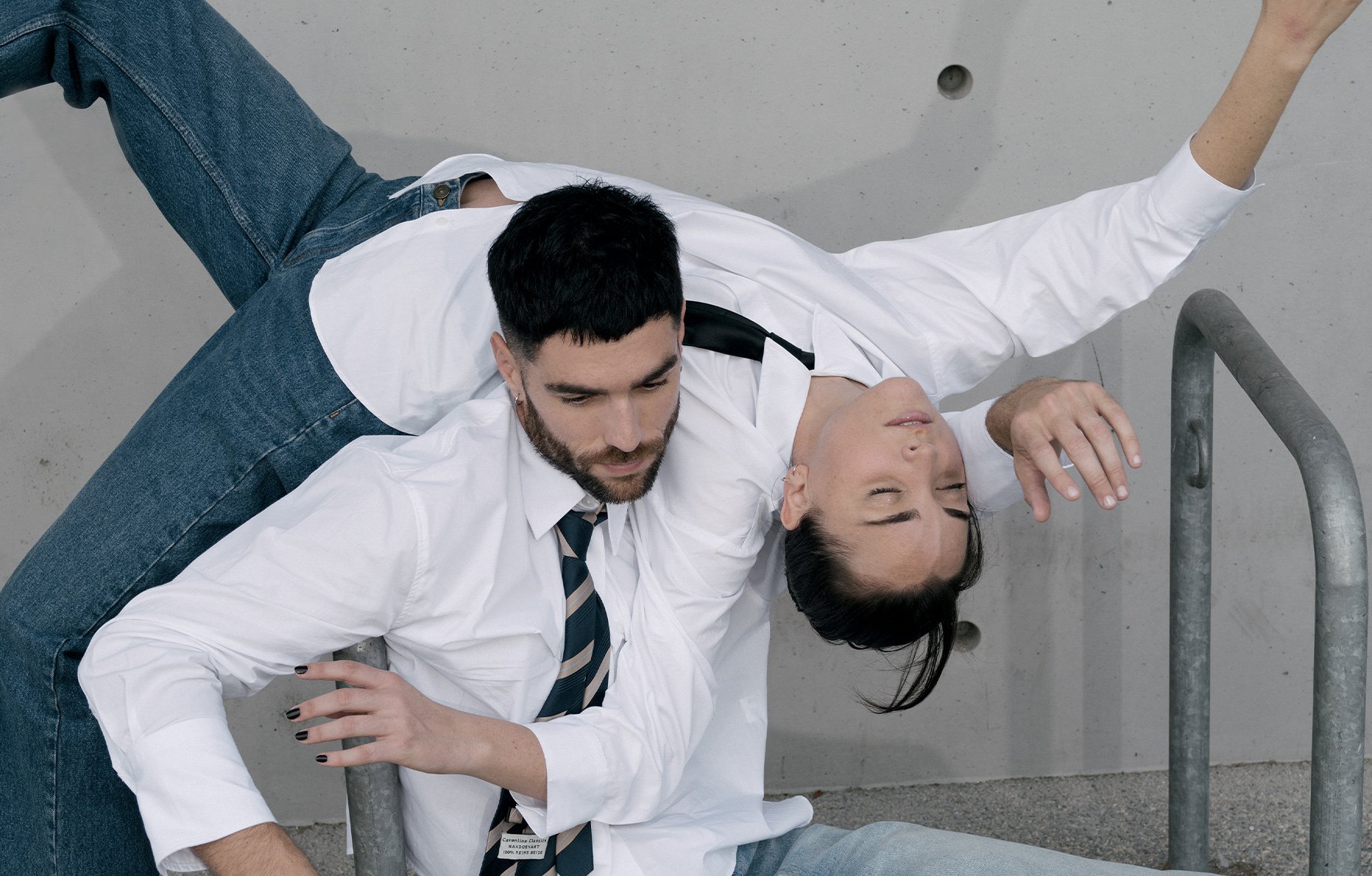
5

5
Benjamin Millepied is resurrecting Jeff Buckley at La Seine Musicale
By setting in movement the late Jeff Buckley’s cult album Grace, Benjamin Millepied has once again taken ballet out of its comfort zone. For Numéro, the French choreographer discussed putting together his new show, which is premièring this November at La Seine Musicale in Paris.
Interview by Philippe Noisette.
Photos by Benjamin Millepied.
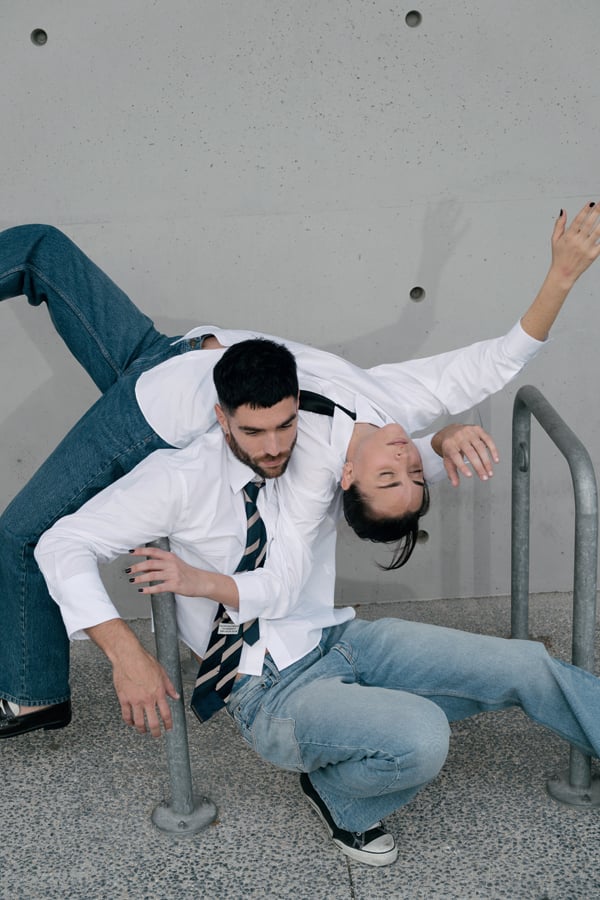
Benjamin Millepied talks about his new show at La Seine Musicale
Numéro : Benjamin, music is of fundamental importance to ballet. What kind of a music fan are you?
Benjamin Millepied: Oh, you could say I have very varied tastes. There’s classical music of course, and opera – in fact I’m working on a project around Orpheus and Eurydice. But I also listen to music from the 50s and 60s, jazz, artists from all over the world to be honest. Let’s say l’m maybe not so pop or hip-hop! And I always see dance in everything I hear. For example, movement is very obvious in Barbara‘s songs – that’s going to be one of my next projects.
Presumably Jeff Buckley is up there among your favourites?
Totally. I felt I absolutely had to choreograph something to his songs – I had these sorts of flashes of dance. Then, little by little, came the desire to go further, to tell his life story, to make a more narrative show. Which is a first for me.
At the risk of upsetting Buckley’s most diehard fans?
I’ve done choreography to the music of Bach, who’s considered a god by the classical milieu, so to a certain extent I’m inured. But setting off on this adventure required a different kind of dedication. First of all, we had to secure the rights to use the songs from Grace. After that I spoke to Jeff’s mother, telling her what I felt, my desire for dance. There’s an enormous responsibility on my shoulders and on the troupe I’m working with, the Grace Company.
“Jeff Buckley had a need to make himself alive through music. Every emotion, from melancholy to joy to insanity, can be heard in his voice.”
Benjamin Millepied
What can choreography bring to the character, to his musical journey?
Dance can and must exalt Jeff Buckley‘s music. A lot of people have said that Grace was an album made by an artist who was trying to work out who he was, with cover versions and different styles. I don’t agree. His talent is there, his voice is sublime, he’s a virtuoso guitarist. You can say what you like about other aspects of his character – his psychological state, his attitude towards drugs or death – but his genius is undeniable and obvious. Grace is proof of that.
What did you learn about Buckley?
Reading his diary, Jeff Buckley: His Own Voice, I started to understand that there was a correspondence between his work and his experience. That touched me enormously, far more than I would have imagined. Buckley was brought up by his mother, and he only saw his father once. He moved house 16 times during his childhood. So that helps explain why he took refuge in music, why he wanted to become such an incomparable musician – he had a need to make himself alive through music. Every emotion, from melancholy to joy to insanity, can be heard in his voice.
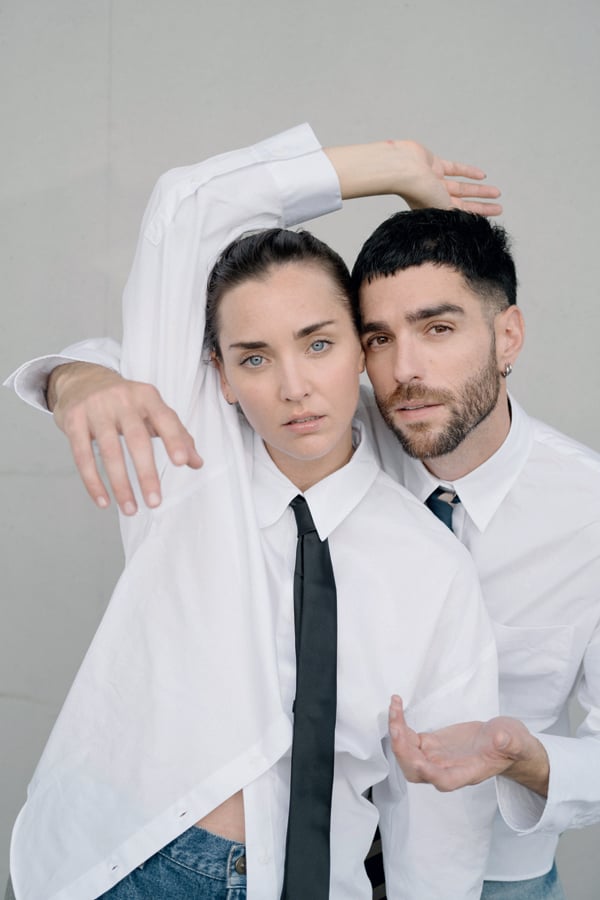
Benjamin Millepied creates an intimate show about Jeff Buckley
How do you design a dance show based on a life and an album?
Last year, I choreographed an hour and a half of dance with this show in mind. Then I built a series of tableaux. And above all, for Grace, I brought together dancers with different career trajectories. We went very far together, working on the body, the text, and vocal expression. Loup Marcault-Derouard, a dancer at the Ballet de l’Opéra de Paris, will “play” Jeff if you will. Around him there’ll be multi-talented soloists, like Victoria-Rose Roy, who has a superb voice, and Ulysse Zangs, who both acts and dances in the show. These 12 dancers represent Buckley’s worlds, as it were.
You’re known for using images – will there be any in Grace?
Obviously! I want to use every form of expression. There’ll be live video and images that are more documentary. Even if the show isn’t a biography in the strict sense, it’s based in fact. We see a child-man who finds himself having to deal with pressure and success. In one of the scenes, a dancer reads the contract he signed with Sony, a contract that required him to make seven albums. Jeff never even finished his second. This moment in the show just about says it all – there’s something operatic in his destiny, a mysterious death more than a suicide. When he drowned, he was fully dressed and singing Led Zeppelin. An artist who left us in such an untimely manner can only continue to fascinate.
Do you identify with him in any way?
Let’s say that I know what it’s like to deal with that kind of pressure. I tried to understand how that was for Buckley, to dive into his emotions, and to take the audience with me. In the end, Grace talks about an artist’s freedom. In my eyes, his was incredibly strong. For me he was curious about other artists – it’s no accident if among his last trips he went to Memphis, one of the birthplaces of African-American music. Without that – without blues, jazz, and the rest – there’s no American music. That says a lot about who he was.
An admirable career between theatre and cinema
You created a new troupe for this show, the Grace Company. Why?
Solenne du Haÿs Mascré [co-founder and director of Paris Dance Project] and I wanted to develop different kinds of projects, from stage to cinema in particular. Grace, for example, has a lot of potential in terms of box office – you could imagine the show enjoying long runs in the West End and on Broadway. These dance pieces will be much more ambitious in their narrative drive.
You’ve gone from a film, Carmen, to a ballet, Romeo and Juliette; from a solo piece to Grace. Would you say that each of your creations enriches the one that follows?
From experience I would say yes. Shooting my first feature film, Carmen, allowed me to gain new insight into framing and sequences. Romeo and Juliette, for which the action was all filmed live, owed a lot to it. After that I danced the solo piece Unstill Life with the pianist Alexandre Tharaud; it was a different, more personal way of growing as an artist. What’s more, the choreographer Dimitri Chamblas is writing a piece for me that goes in that direction.
How would you define yourself today?
I hope I’m an artist who’s moving forward. And the best way to do that is to collaborate with others. Whether it’s with the director and scriptwriter Léa Mysius or the dancers of the Opéra de Paris, collaboration is always an act of sharing.
Show “Grace, Jeff Buckley Dances”, choreographed by Benjamin Millepied, from November 5 to November 10, 2024, at La Seine Musicale, Boulogne-Billancourt.






